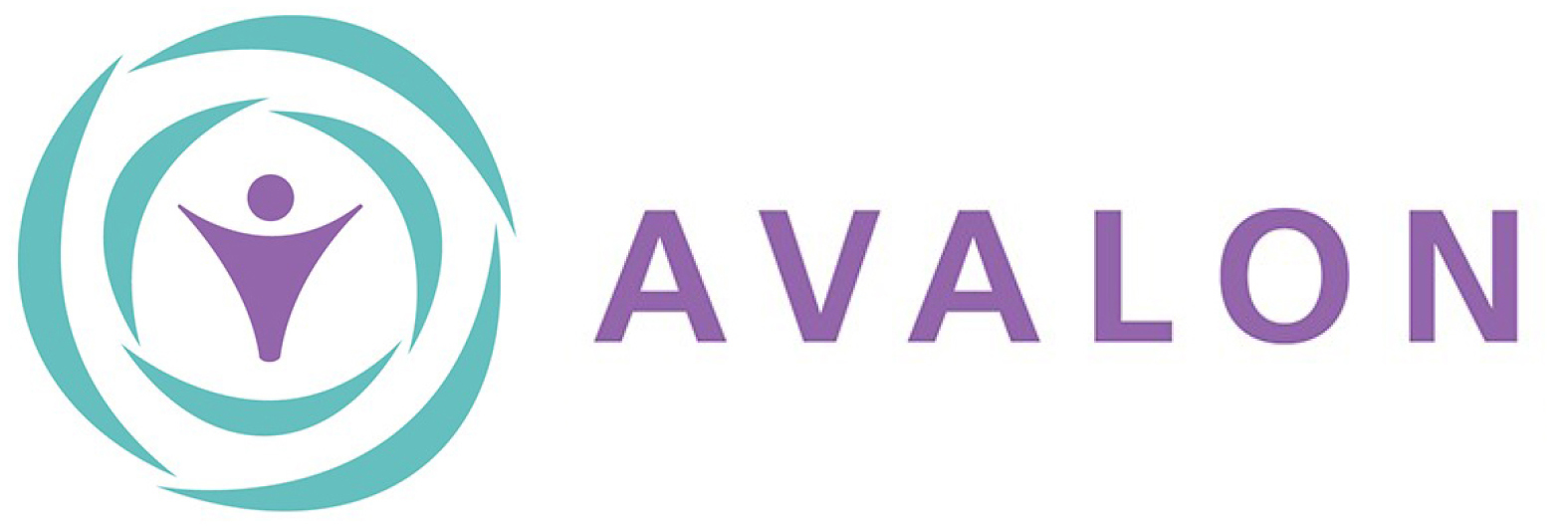Avalon: A Resource for Military Members and Veterans
Military sexual violence is a global problem, and Canada is no exception. In 2016, a Statistics Canada survey found that women experience sexual assault at higher rates than military men, and both women and men in the military experience higher rates of sexual assault than civilians. Close to one in three women are sexually assaulted during their military career in the Canadian Armed Forces (CAF), compared to four percent of men. More than 10 percent of younger women in the Regular Force (aged 24 and under) reported having experienced sexual assault, and more than 50 percent reported being “targeted by sexualized or discriminatory behaviour” such as sexual jokes or gender discrimination (Cotter 2016).
Service members who have experienced sexualized violence tell us that the military forms an essential part of their identity. They were excited to join an organization that actively recruited them, offered opportunities to develop their skills, and promised membership in a family of brothers and sisters. Service members align with high ideals, sacrificing their personal safety to protect others. The majority thrive in the camaraderie that military life offers. However, for some, thriving ends when another service member targets them for violence and victimization. This can lead to Military Sexual Trauma (MST) with long-term effects on the health and well-being of service members and veterans.
A legacy of women’s marginalization within the military and a gendered culture that celebrates masculinity place women in subordinate, and therefore vulnerable positions. In addition, structural features of military life such as hierarchy and uniformity discourage dissent and contribute to power differentials that increase the risk of sexual violence. Reporting an assault may be seen as breaking ranks, and asking for help subjects a person to the power imbalances inherent in the military chain of command 1. Institutionalized misogyny, a gendered, hierarchical power structure, and lack of accountability allow for the perpetuation of military sexual violence.
The 2015 External Review into Sexual Misconduct in the CAF, known as the Deschamps Report, and the combined efforts of survivors, advocates, and the media, have led the CAF to begin to address the problem of MST and initiate cultural change, with Operation Honour. However, MST survivors too often still face a lack of support, involuntary release from the military, financial hardship, and increased risk of suicide. The MST survivor group It’s Just 700, formed in the wake of the Deschamps Report, provides peer support and advocates for changes to policies and services 2.
Avalon too can be a resource for military members and veterans. Its specialized model uses a non-traumatizing approach to re-connect clients with their sense of capacity and safety. The Avalon model is founded upon the imperative ‘We Believe’. This has profound implications for clients who have been hurt in systems where silence, secrecy and operational imperatives have excused and denied sexualized violence. At Avalon, clients learn to rely upon their innate ability to progress in therapy at a safe pace and to make empowering choices about what healing means to them.
Denise Landry, Avalon Sexual Assault Centre
Maya Eichler, Mount Saint Vincent University
[1] According to the 2016 Statistics Canada Report, “Half (49%) of women who were victims of sexual assault in the past 12 months identified their supervisor or someone of a higher rank as the perpetrator.”
2 It’s Just 700: http://www.itsjust700.com/ is an organization of volunteer survivors of MST in the CAF. Their name refers to the way the incidence of MST was dismissed following the Deschamps Report, an External Review of the problem of misogyny and MST in the Canadian Armed Forces.
Know More About the Authors:
Denise Landry is currently the Initial Contact Therapist at Avalon Centre. As a high school and university student Denise served in the Reserves. Her Master’s thesis research explored veteran’s experiences of military to civilian transition in the post-Afghanistan War period.
Maya Eichler is Canada Research Chair in Social Innovation and Community Engagement and assistant professor in the Department of Political and Canadian Studies and the Department of Women’s Studies at Mount Saint Vincent University (Halifax). Her research interests lie in feminist security studies, gender and the armed forces, military-to-civilian transitions, military families, and the privatization of military security. More information on her work can be found at www.msvu.ca/sicema
